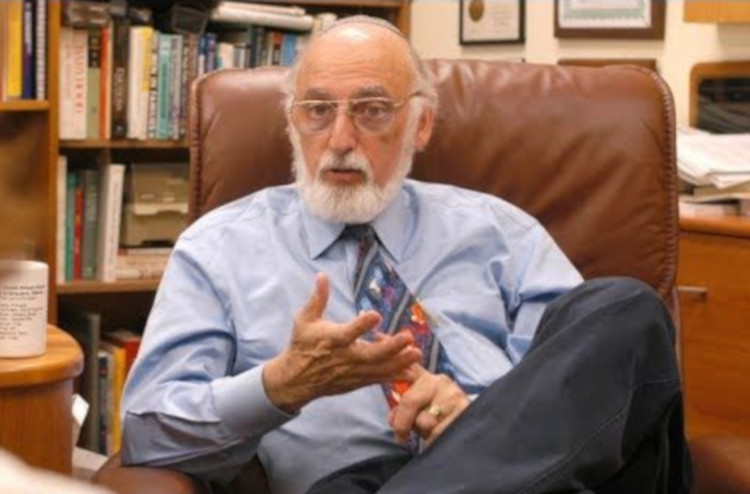RENOWNED THERAPIST DR. JOHN GOTTMAN RELEASES “AN OPEN LETTER ON PORN”
April 6, 2016
The following article was originally posted on The Gottman Insitute’s relationship blog.
Pornography in relationships has been an issue for a long time. Even today, not every professional agrees on how and when porn is okay. I attended one workshop in a couples therapy conference that recommended porn use because it’s natural and harmless. This may be an extreme view, but many clinicians have suggested that if a couple uses pornography to bring them closer, then porn use is fine. In fact, many professionals have thought it might increase relationship connection and intimacy.
Recently however, research on the effects of pornography use, especially one person frequently viewing pornographic images online, shows that pornography can hurt a couple’s relationship. The effect may be true, in part, because pornography can be a “supernormal stimulus” (see Supernormal Stimuli by Deirdre Barrett). Nikko Tinbergen, a Nobel Prize winning ethologist, described a supernormal stimulus as something that causes a much more exaggerated response than normal. One effect of a supernormal stimulus is that excitement is lessened in normal situations.
Pornography may be exactly like a supernormal stimulus. For example, a common sexual situation doesn’t reach the same level of reaction as a pornographic supernormal stimulus. In other words, after watching extraordinary sexual situations in porn, normal sex isn’t as exciting. Normal sex becomes much less interesting for porn users. The data supports this conclusion. In fact, use of pornography by one partner leads the couple to have far less sex and ultimately reduces relationship satisfaction.
There are many other factors about porn use that can threaten a relationship’s intimacy.
⌦ First, intimacy for couples is a source of connection and communication between two people. But when one person becomes accustomed to getting sexual release from porn, they are actually turning away from intimate interaction.
⌦ Second, when watching pornography, the user is in total control of the sexual experience. This is in contrast to normal sex, in which people are sharing control with the partner. Thus a porn user may form the unrealistic expectation that sex will be under only one person’s control.
⌦ Third, the porn user may expect that their partner will always be immediately ready to have sex (see Come as You Are by Emily Nagoski). This is unrealistic as well. Research has revealed that typical foreplay leads to a desire for sex only 10% of the time in women and 59% of the time in men.
⌦ Fourth, some porn users rationalize that pornography is okay if it does not involve partnered sexual acts and instead relies only on self-stimulation. While this may provide release, the relationship goal of intimate connection is ultimately lost.
Worse still, many porn sites include violence toward women, the exact opposite of intimate connection. Porn use can become an actual addiction with the same brain pattern activity as other addictions, like gambling (see Your Brain on Porn by Gary Wilson). Pornography can also lead to a decrease in relationship trust and a higher likelihood of affairs outside the relationship. Many porn sites now offer an escalation of sexual activity beyond simply viewing porn that includes actually having sex with other individuals. Also, the support of porn use is reinforcing an industry that abuses the actors employed to create the pornography (see The Empire of Illusion by Chris Hedges).
We applaud major media outlets like Time Magazine that have joined the anti-pornography movement. Their April cover story titled Porn and the Threat to Virility (FTND note: which mentions Fight the New Drug!) dives into how modern men who grew up watching porn as children and teenagers have started a movement against it, hoping to shed light on the sexual material’s power to harm Americans and their relationships.
We are led to unconditionally conclude that for many reasons, porn poses a serious threat to couple intimacy and relationship harmony. This moment calls for public discussion, and we want our readers around the world to understand what is at stake.
Dr. John Gottman is an award-winning therapist, known for his work on marital stability and divorce prediction. He has conducted 40 years of breakthrough research with thousands of couples, and now, he’s speaking out on the harms of porn. He is the founder of The Gottman Institute, a world-renowned research organization dedicated to increasing the understanding of relationships.

